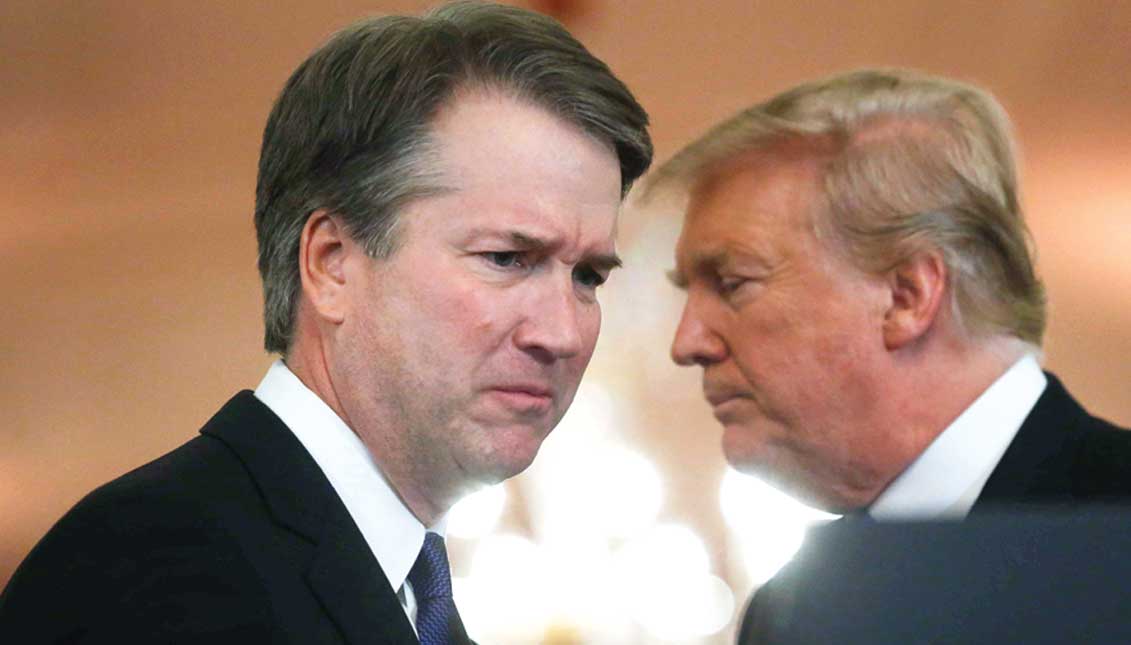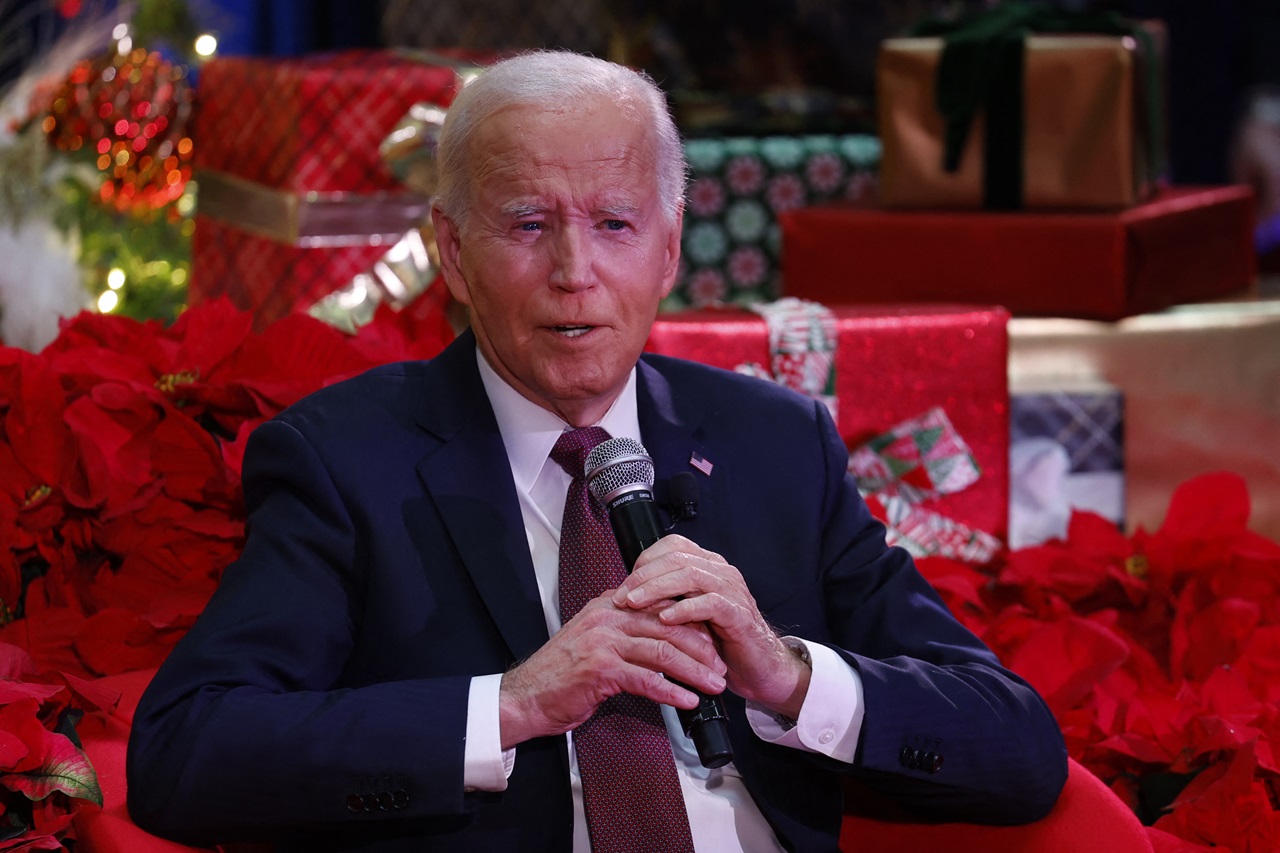
Brett Kavanaugh, a tailor-made Supreme Court justice?
The latest confrontation between Democrats and Republicans is taking place on the floor of Congress, where the nomination of Judge Brett Kavanaugh to the…
Seen from a distance, the team that a president chooses to help him lead a country is an immediate reflection of his positions and principles.
The case of the Trump administration has made it very clear that it’s a government strongly inclined towards the far right - anti-immigrant, capitalist and deeply masculine - represented by a cabinet undermined by accusations of sexual abuse, misogyny and xenophobic positions that have translated into a border-closure agenda.
In July, President Trump announced the nomination of Judge Brett Kavanaugh to become the next member of the U.S. Supreme Court, replacing Justice Anthony Kennedy after his retirement and adding another pawn to the president’s personal entourage.
The hearings for Kavanaugh’s confirmation began on Sept. 4 before the Senate Judiciary Committee. Making headlines was the strong antagonism of the Democratic senators, who interrupted the process from the first minute to object the retention of documents referring to the trajectory of Kavanaugh inside the White House during the Bush administration.
Similarly, a series of protests were carried out by activists for women's reproductive rights who criticized Kavanaugh's reputation against Roe v. Wade, the case that allowed the path for legal abortion.
For the activists, who interrupted the audience with shouts and slogans, the Republicans' insistence to quickly confirm the judge has an explanation: the Kavanaugh nomination is being carried out as a government strategy that ensures the continuity of the Trump agenda in issues such as the right to abortion, and the GOP's haste is just a push to secure the majority in the Supreme Court before the party’s impending defeat in the midterm elections.
Added to this, on Sept. 12 Christine Blasey Ford, a professor at Palo Alto University, made public her accusation against Kavanaugh for "having tried to sexually assault her when both were in school" in 1982, which the judge denied outright.
The accusation has turned into a confrontation in the middle of the congressional procedure because Ford insists the FBI must investigate the subject and her case must be heard before confirming Kavanaugh to a lifetime position in the most important judicial organ of the country.
Finally, the Senate Committee has agreed to hear Ford's testimony against Kavanaugh on Sept. 27, just one day before voting for the nomination.
RELATED CONTENT
Meanwhile, two more women have made public allegations of inappropriate behavior by the nominee during his youth, including Deborah Ramírez, who told The New Yorker in an article published Sept. 23 that Kavanaugh "drank excessively at Yale University and that he exposed to her at a party with others present," and Julie Swetnick whose lawyer said Wednesday that the nominee "was part of a group of men who drugged and raped young women, including her, at parties throughout the 1980s," Quartz reported.
The Republican caucus in Congress and President Trump have opted to downplay the women's complaints and maintain support for their nominee. Trump said during the United Nations Assembly that Ramirez “had nothing” against Kavanaugh because she had admitted to being drunk and having "lapses" of memory.
"She was totally inebriated and all messed up and she doesn’t know," he continued, adding sarcastically, "gee, let's not make him a Supreme Court judge," The Guardian reported.
Ultimately, it's as if Kavanaugh's confirmation is now the barometer of the midterm elections, and the main goal remains to secure that position in favor of the government at all costs.
As the New York Times explained, "Republicans were determined to confirm Judge Kavanaugh before then, knowing that if Democrats managed to win control of the Senate, it would be exponentially harder to approve any nominees sent by Mr. Trump." But the Times also senses that "conversely, for Democrats, a delay in voting on Judge Kavanaugh would increase the chances of blocking his confirmation and enhance the influence Democrats would have over who eventually fills the vacant seat.”
However, the scandal and the more general perspective of the matter continues to overshadow what is really happening in the background: a judge chosen by President Trump - who is known for choosing his closest allies according to their ability to satisfy his whims - and with a judicial record against abortion and immigration, is about to be confirmed for a lifetime job in the Supreme Court, despite allegedly having attempted to sexually abuse several women.
If he gets to sit on the Supreme Court, Kavanaugh will be President Trump's implicit laissez-passer, whatever the outcome of the November elections may be.











LEAVE A COMMENT:
Join the discussion! Leave a comment.